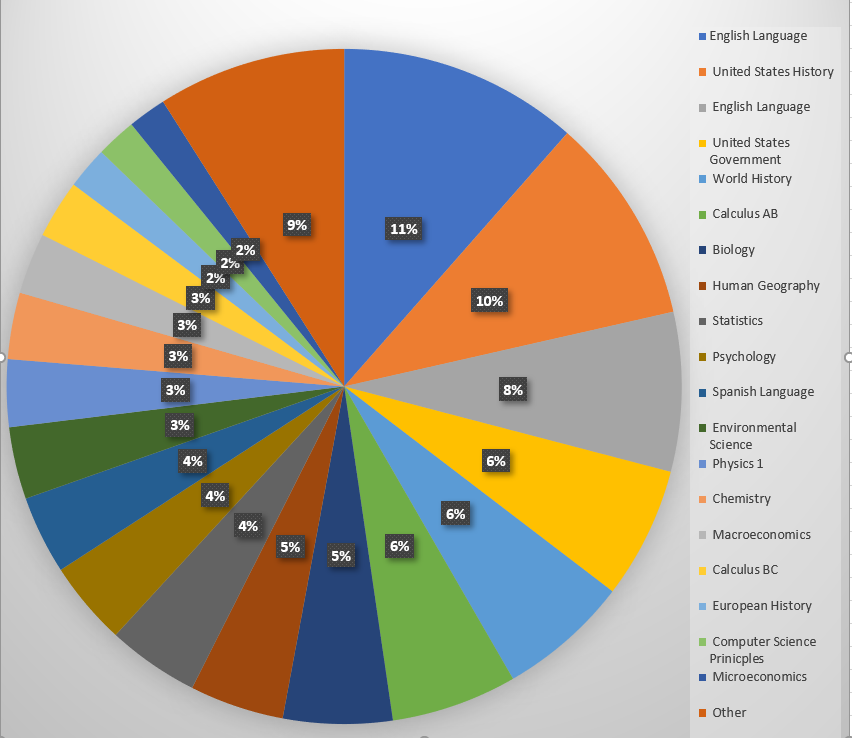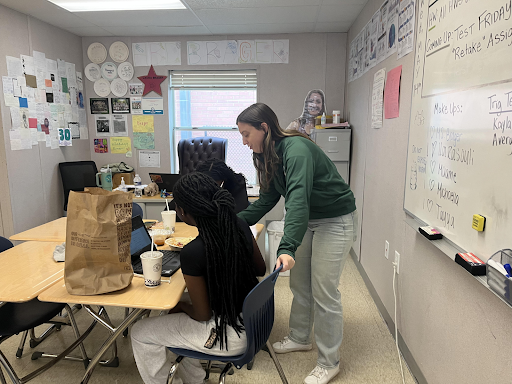Walter Johnson High School offers a vast array of Advanced Placement (AP) courses. One purpose of these AP courses is to help students get into prestigious colleges by demonstrating that they are high achieving scholars. Another motivation for taking AP classes is to skip entry level courses once enrolled in college. Theoretically, skipping these courses would allow students to finish college faster and pay less tuition overall. But are AP courses really equivalent to college level work?
There are definitely AP classes at WJ that are very challenging. AP calculus classes, particularly calculus BC, are widely referred to as one of the hardest courses available at WJ. For other advanced language classes, a student needs to be highly adept with a foreign language in order to pass its AP exam. AP exams for French, Spanish, Chinese and other languages test a student’s ability not only to read and write, but converse fluently in that language.
However, certain AP courses don’t meet this same level of rigor and intensity. In my opinion the AP government exam, although not elementary, seemed to be more like typical high school work as compared to something like BC calculus.
The end of year exams for AP courses also take on several different structures. Most include a multiple choice section followed by some kind of written portion. These written components include varying types of short answer and long answer questions. The level of difficulty of the exams varies as demonstrated by the fact that some exams last only one and a half hours, while others can last more than three hours.
These tests need to be more standardized in order to make sure that they all represent college level difficulty. Tests that last only one and a half hours with only simple multiple choice and short answer components clearly do not match the experience students will encounter in college.
Countless students are under the false impression that all of their AP credits will be transferred to college. In reality, colleges often only accept a few, if any, of these credits toward graduation. This leaves students repeating entry level courses that they already took in high school.
Most often, colleges only accept credit for the more rigorous AP courses offered in high school. The colleges are under the impression that the less difficult courses do not match the college standard for credit.
Imagine a senior graduating high school with 9-12 AP courses. This student may expect to skip entry level courses because of having taken this extreme number of AP courses. It would certainly be a disappointment to realize that not all their AP credits would be used and that their college career would not be shortened.
A simple fix for this issue is to standardize the level of rigor across all AP’s. Then, colleges and high-school students would have the same expectations about AP course work across every advanced class.





















